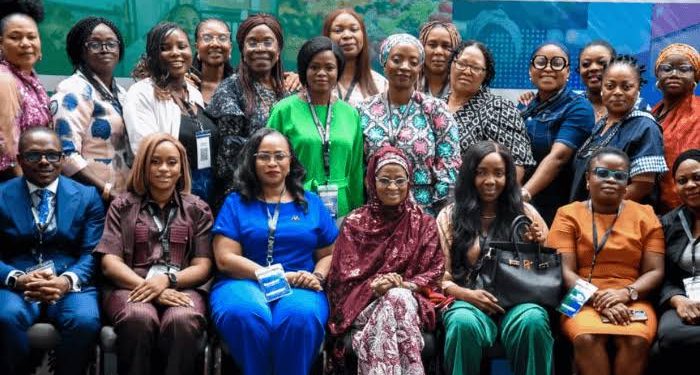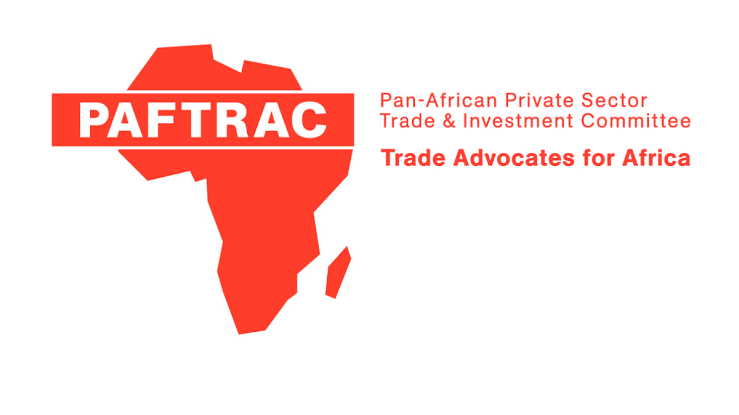African women entrepreneurs are increasingly seeking to tap into the $3.4 trillion market potential of the African Continental Free Trade Area (AfCFTA), as efforts to dismantle financing and regulatory barriers gain traction.
Over eighty business owners gathered in Lagos for SheConnectsAfrica 2025, a three-day workshop designed to help women-led enterprises formalise operations, expand across borders, and gain stronger footing in regional trade. The initiative, supported by Germany’s development ministry in partnership with GIZ and the ECOWAS Commission, is part of a wider drive to ensure that Africa’s trade liberalisation is more inclusive.
Although women run an estimated forty percent of small businesses across Africa, they remain underrepresented in export markets due to high compliance costs, limited access to finance, and weak visibility in supply chains. Organisers of the Lagos workshop believe that closing this gap could unlock billions in untapped trade value for the continent.
Participants took part in expert-led sessions on business registration, tax compliance, and trade rules, while local lenders introduced SME-focused credit options tailored to cross-border ventures. For many women, the event provided their first direct engagement with financial institutions prepared to support international business expansion.
Beyond technical knowledge, the workshop aimed to remove barriers and create practical pathways for women entrepreneurs to thrive under AfCFTA. Government agencies also highlighted the need for digital trust, transparent tariffs, and export readiness to help women-led enterprises scale beyond domestic markets.
The trade pact is seen as a defining moment for the continent’s economic future, with women expected to play a central role in shaping its success. Initiatives such as SheConnectsAfrica are positioning women-led businesses to secure an early competitive advantage, particularly in light manufacturing and services where entry requirements are less restrictive.
The challenge, however, lies in ensuring that the momentum extends beyond workshops. Experts stress the importance of consistent access to financing, market intelligence, and trade facilitation support to enable women entrepreneurs to fully seize the opportunities presented by AfCFTA.










